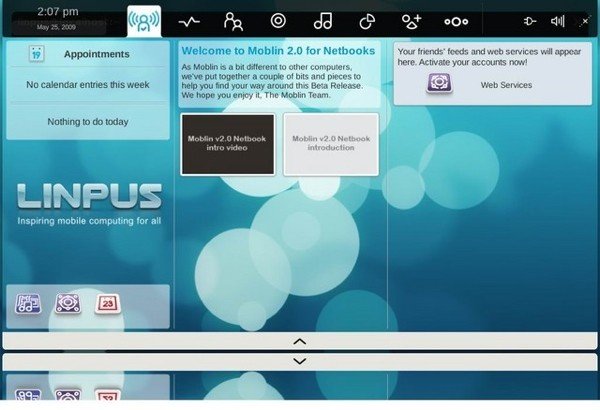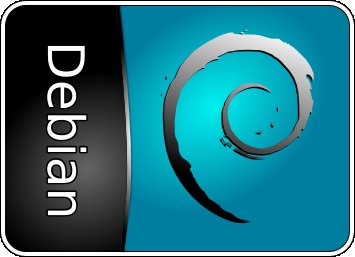Fishbowl Sessions
This morning I attended a session on burnout. It was different to usual sessions in that the table has been removed from the room and the chairs were arranged in such a way that there is an inner circle and an outer circle. People who are more interested in the topic sit in the inner circle and people who are interested in keeping up to date or who might contribute more casually sit in the outer circle. This experiment is called fishbowl sessions, it’s happening with all the sessions in room 11 today.
Burn Out

We had a really good discussion about burn-out, what causes it, coping mechanisms and how to avoid it.
This is some of the things that were mentioned:
Burn-out sometimes tend to happen in cycles, and it can also easily be triggered by external factors, like burning out at work or even when your boss runs into burn-out. Negative influences seem to make burn-out worse, while spending quality time with people who share your views seem to cool the burn-out somewhat. Many people used to do free software as a hobby and now doing it as a job as well. It’s important to get new hobbies, go work at the zoo. Having a girlfriend helps a lot in terms of grounding and having someone to talk to. Otherwise having a friend that knows you well and understands you can work just as well. Perhaps putting together a talk on burn-out that could be presented to loco teams would be of much value. Mike Basinger mentioned that he’s come accross members who have even been suicidal and that it helped a lot when they were refered to a professional. Can a whole team burn out? Some people have seen some situations where that has happened. A burn-out / health session on communities will probably be held at future UDS’s as well.
Taking on too much – Don’t kill yourself trying to be the next Colin Watson
In a project such as Ubuntu, there are lots of people we look up to and try to aspire to be like. It happens regularly that someone works really hard trying to catch up to someone elses skill level and they end up doing more damage to themselves than good. Many people actively take on too much, finding themselves to juggle too much and not doing enough leading up to more frustration. Jono mentioned that Canonical is an interesting company in the sense that managers actively have to tell their team members to stop working. It was also mentioned that it’s important to let people know that Ubuntu is like a big machine and there are lots of big and small coggs and that if a small one breaks, it can have massive implications for the bigger machine and that they are also important.
Mark Shuttleworth Shares Tips on Burn-Out
Mark often walks into sessions for a few minutes. I think he takes just enough time to gauge what the discussions are about and if it’s going into the right direction and tone. He said that what works well for him is to get to bed and get some decent sleep, and then get some good excercise when he wakes up. Other people in the session confirmed that excercise has indeed helped them in feeling good and being more productive.
So, there you have it. If you want to be a good developer or contributer and make Ubuntu as good as it could possibly be, then take care of yourself, stay healthy and as Jono said earlier this week… eat your vegetables ![]()










Recent Comments